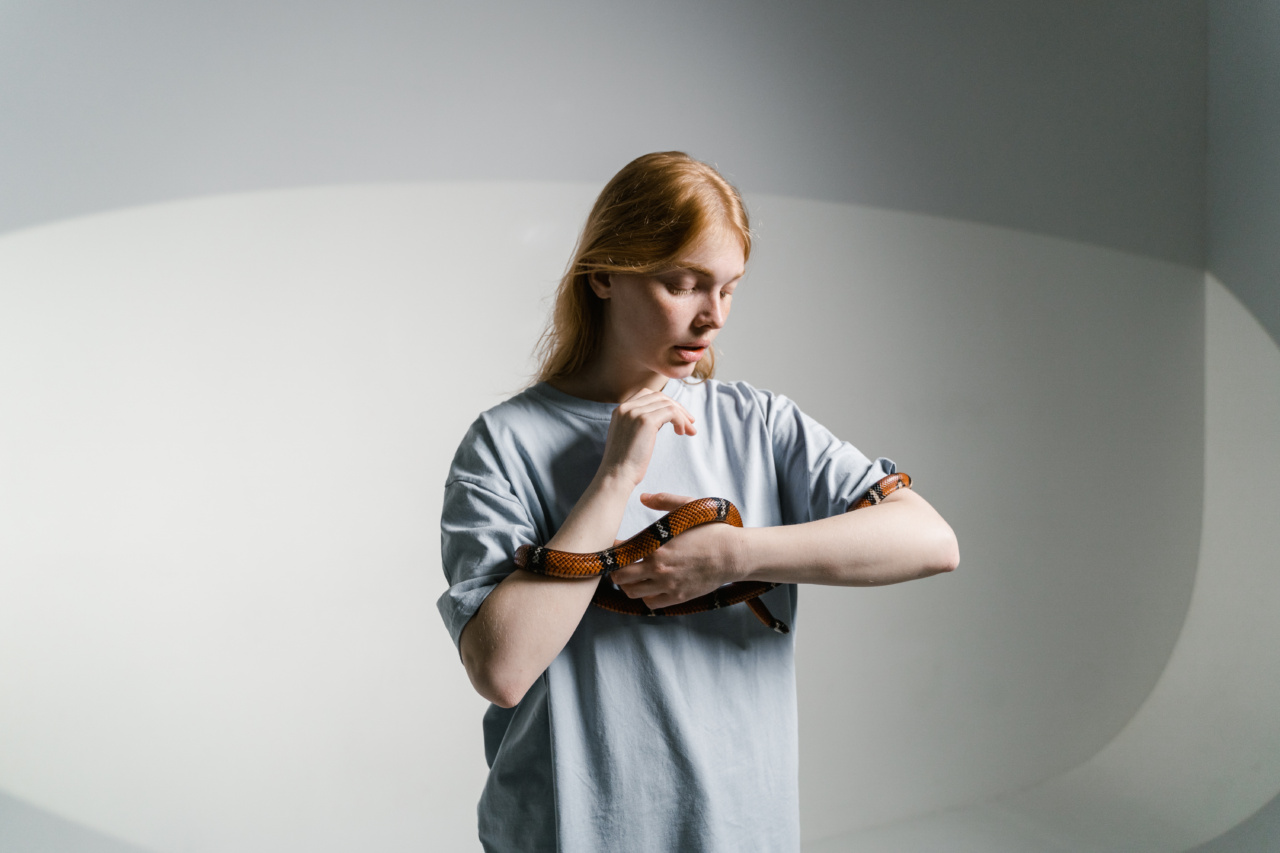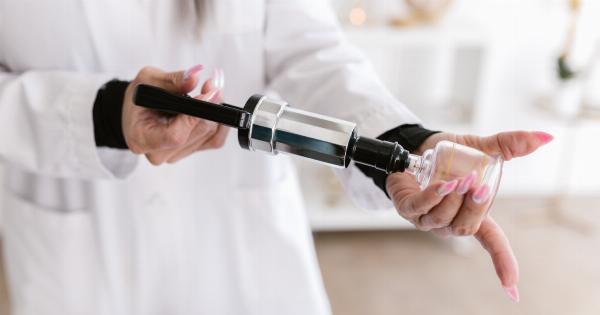Colonoscopies may be an essential medical procedure, but they often evoke fear and anxiety in many individuals. The anticipation of discomfort, embarrassment, and inconvenience can deter people from getting this potentially life-saving screening.
However, it is crucial to understand that modern advancements have significantly improved the colonoscopy experience, providing pain relief and hassle avoidance. This article aims to address these concerns and provide tips to help you overcome the fear of colonoscopies.
Understanding Colonoscopies
Before diving into the pain-relief and hassle avoidance tips, it is essential to have a basic understanding of what a colonoscopy entails.
A colonoscopy is a medical procedure performed by a gastroenterologist to examine the colon and rectum for abnormalities, such as polyps or signs of colorectal cancer. It involves using a long, flexible tube called a colonoscope, which has a camera and a light source at the end. The colonoscope is inserted through the rectum and travels along the entire length of the colon.
The Importance of Colonoscopies
Colonoscopies play a crucial role in detecting and preventing colorectal cancer, which is the third most common cancer worldwide.
Through regular screenings, doctors can identify precancerous polyps and remove them before they develop into cancerous growths. Early detection significantly increases the chances of successful treatment and improves overall survival rates. Therefore, it is important to overcome any fears or concerns that may prevent you from undergoing this vital procedure.
Tips for Pain Relief during Colonoscopies
Pain is one of the primary fears associated with colonoscopies. However, it is important to note that advancements in technology and anesthesia have made the procedure much more comfortable than in the past.
Here are some tips to help you alleviate pain during your colonoscopy:.
1. Discuss Anesthesia Options
Before your colonoscopy, have a detailed discussion with your healthcare provider about anesthesia options. There are usually three types of anesthesia available:.
- No Anesthesia: Some individuals opt for a colonoscopy without any anesthesia. This option is suitable for those who can tolerate minimal discomfort or have health conditions that contraindicate anesthesia use.
- Twilight Sedation: Often referred to as conscious sedation, this option involves the use of sedatives and pain medications to induce a semi-conscious state. You will feel relaxed and drowsy, and many people have no memory of the procedure afterwards.
- General Anesthesia: This option renders you completely unconscious throughout the procedure. It is typically reserved for complex or lengthy colonoscopies, or for individuals with severe anxiety or special needs.
2. Choose a Skilled and Experienced Gastroenterologist
The skill and experience of your gastroenterologist can have a significant impact on your comfort during a colonoscopy. Research and seek recommendations to find a highly qualified specialist.
A skilled gastroenterologist can minimize discomfort by using gentle techniques and ensuring the smooth insertion and navigation of the colonoscope.
3. Request a Gentle Insertion Technique
During the colonoscopy, the insertion of the colonoscope through the rectum can cause discomfort if not done correctly.
Request a gentle insertion technique from your gastroenterologist, as this can greatly reduce any pain or discomfort associated with the procedure.
4. Communicate Your Concerns
Make sure to communicate any fears or concerns you have with your gastroenterologist and the medical staff. They are there to support you and will do their best to address your worries and alleviate any discomfort.
Open communication can lead to a better understanding between you and the medical team, ensuring a more comfortable experience.
5. Utilize Topical Anesthetics
Discuss the use of topical anesthetics with your gastroenterologist. These are numbing creams or gels that can be applied to the rectal area before the insertion of the colonoscope.
Topical anesthetics can help alleviate any discomfort or pain during the initial phases of the procedure.
Tips for Hassle Avoidance during Colonoscopies
In addition to pain relief, addressing the potential hassles associated with colonoscopies can also alleviate anxiety. Here are some tips to help you minimize any inconveniences:.
1. Plan Your Schedule
Coordinate with your medical provider to find a convenient date and time for your colonoscopy. Try to choose a day when you can take time off work or other commitments, allowing you to rest and recover comfortably after the procedure.
2. Follow the Prep Instructions Carefully
The preparation process before a colonoscopy involves thoroughly emptying your colon. It typically includes following dietary restrictions and using laxatives or other medications.
It is crucial to carefully follow these instructions to ensure a successful and comfortable procedure. Poor preparation can lead to incomplete results, necessitating a repeat colonoscopy.
3. Arrange Transportation
Due to the effects of anesthesia and the procedure itself, it is necessary to have someone accompany you to and from the medical facility. Arrange for a friend or family member who can drive you home and provide support during the recovery period.
4. Wear Comfortable Clothes
On the day of your colonoscopy, make sure to wear loose, comfortable clothing. This will prevent any unnecessary discomfort and make it easier for the medical staff to attach monitoring devices or administer anesthesia.
5. Create a Relaxing Environment
After the procedure, create a calm and relaxing environment at home to support your recovery. Clear your schedule, gather any necessary supplies or medications, and have some comfortable pillows and blankets ready.
Conclusion
Overcoming the fear of colonoscopies requires understanding the process, addressing concerns, and utilizing available pain relief and hassle avoidance techniques.
The pain during a colonoscopy can be significantly reduced through proper anesthesia options, skilled practitioners, and effective communication. By following the tips mentioned above, you can also minimize the inconveniences associated with the procedure.
Remember, getting regular colonoscopies is crucial for early detection and prevention of colorectal cancer, so don’t let fear stand in the way of your health.




























